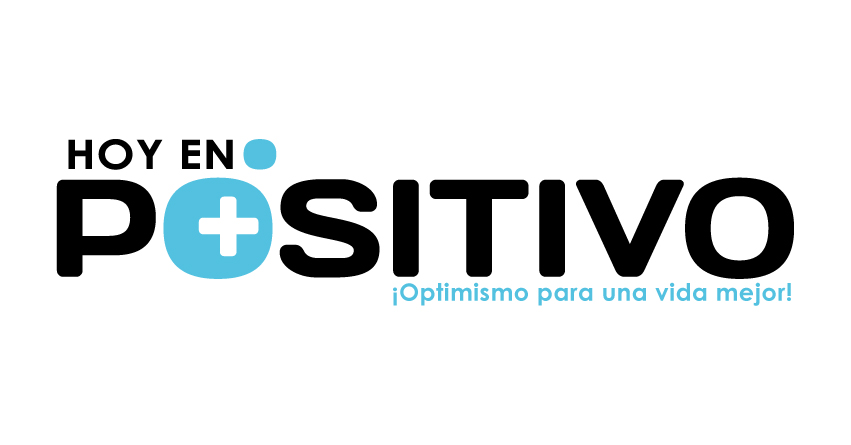Editor Kem Butller-Oracle on Aug 27, 2014
By: Lyle Ekdahl, Senior Vice President General Manager,
By: Lyle Ekdahl, Senior Vice President General Manager,
Oracle’s JD Edwards
Cliff Godwin, Senior Vice President,
Cliff Godwin, Senior Vice President,
Applications Development, Oracle
The chief purpose of an Enterprise Resource Planning (ERP) system is to integrate all departments and functions, such as accounting and finance, human resources, sales management, supply chain management, customer relationship management, and more, into a single computer system that can serve all of the different departments’ needs.
Although choosing and implementing an ERP system is crucial to many different types of businesses, this task can be challenging. Many businesses struggle with concerns about management, cost, and ROI. According to a survey by Panorama Consulting Solutions, the average ERP project in 2013 cost $2.8 million and lasted 16 months, with 54 percent of projects exceeding budget.
Here are six tips for choosing and implementing an ERP system to help ensure you are on time and on budget:
Thoroughly evaluate the ERP system and the vendor’s technology pace
You should seek the closest fit to your business requirements. Look beyond commodity processes at deep industry capability. Explore how aggressively the vendor is incorporating the latest technologies (mobile, big data, IoT, etc.) that create potential for a competitive business advantage for your organization.
Use sound business reasoning when choosing deployment options
Decide on your mix of on-premise, hosted, or various cloud options based on current skills, infrastructure, culture, and business appetite for investment in your organization. Some combination of these deployment options may be necessary. Your needs will change in the future so consider the flexibility of the solution and keep options open.
Evaluate the user community and how its members want to work with the ERP system
Delivering a simplified user interface is no longer just a nice-to-have, but has become a must-have. “Consumerization of IT” means that your users’ expectations are aligned with the modern user experience paradigm. Today’s users and incoming millennials expect easy-to-use, highly functional technologies that are optimized for any device.
Study the vendor’s integration approach
Most customers need multiple applications for their business, but the successful integration of all these applications can be a major pain point for CIOs. Modern integration technologies (SOA, ESB, REST, etc.) are critical for achieving both low cost and flexible interoperability. Understanding how your ERP solution inherently integrates with a diverse set of products helps with current infrastructure needs and provides insight into the vendor‘s plans for addressing application directions. Evaluate any complementary solutions the ERP vendor offers, as these solutions could play a role in how suitable the vendor’s ERP package is for your business.
Find the right implementation team and tools
Look for a partner with relevant, recent experience for your specific ERP package, products, and version. Consider industry, region and company size experience of the proposed team members. Always check references for specific individuals and especially leaders. Evaluate and leverage all applicable tools the vendor and partner provide to ensure on-time, on-budget and business-fit implementations. And don’t forget tools and process for upgrades in the future.
Take responsibility, own your system, and crowd-source knowledge
Regardless of the software distribution method, ERP is a valuable asset. After implementation, be prepared to take the keys! Knowledge transfer is critical to successfully driving best practices and daily operations. Outsourcing all knowledge of system technology and business capability can create vulnerability. Finally, never underestimate the value of networking. Attend user group meetings that can help you discover unknown product capabilities and receive feedback on ideas and plans from those experienced in ERP. Networking provides leverage when working with your vendor on a future road map.
Oracle offers the broadest and deepest range of ERP solutions, addressing all key business functions, including human resources, manufacturing, financial management, business intelligence, and supply chain management-all backed with Oracle's industry-leading technology. To learn more about our latest ERP offerings, visit: http://bit.ly/1rFz1JQ


